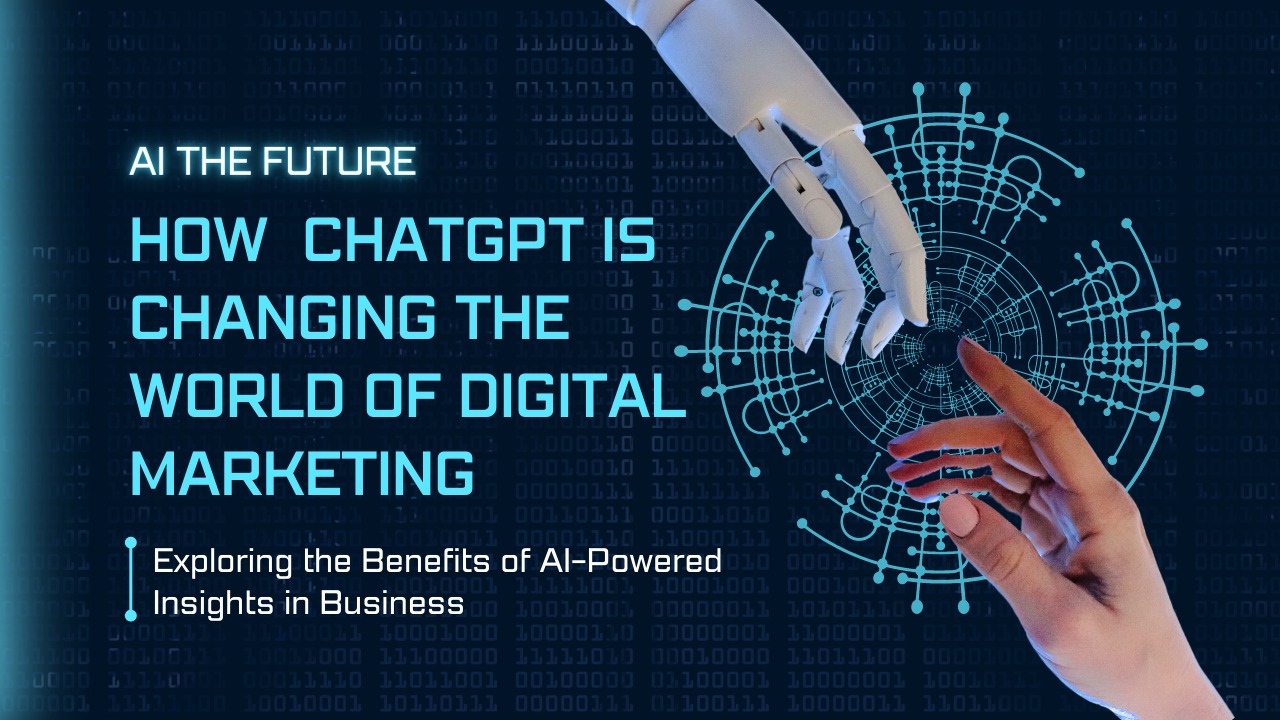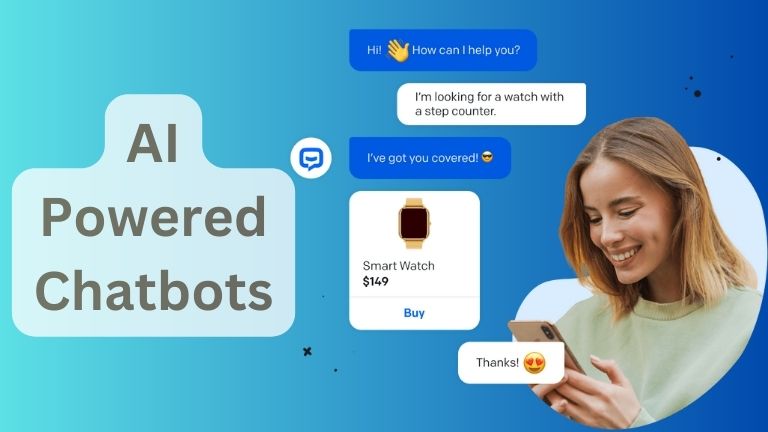
Introduction
What comes to mind when you hear Artificial Intelligence (AI)? Robots that can think and act like humans, right? While AI-powered bots can impress us with their abilities, they are far from being perfect. But before discussing ChatGPT’s contribution to the field, let’s start with the basics. AI is not a new concept. It has been around since the 1950s. Over the years, it has grown exponentially and is an essential part of our daily lives today. From virtual assistants to chatbots, we interact with AI every day without even realizing it. However, these AI systems are not without their flaws. They can’t always understand context or the nuances of human language. Limitations aside, AI is a promising field with endless opportunities, especially for businesses. And that’s where ChatGPT comes in- offering AI-powered chatbots that transform the customer service industry. But more on that later. First, let’s take a deeper dive into the world of chatbots.
Chatbots and Their Evolution
Introduction of chatbots shook the world, and with every passing day, they are becoming the future of customer support industry. Chatbots are computer programmes powered by artificial intelligence, allowing users to communicate with the machine via chat interface. Understanding chatbots is essential for comprehending their future impact. First-generation chatbots were uncomplicated, scripted, and could only answer basic questions.
The second-generation chatbot, powered by Natural Language Processing (NLP), can understand and respond to more complex user queries. Under the hood, there are primarily two types of chatbots: rule-based and AI-powered. Rule-based chatbots follow a predefined set of rules and use templates to create automated responses. On the other hand, AI-powered chatbots leverage machine learning algorithms to recognise user intent and provide personalised responses.
The evolution of chatbots is fascinating. Earlier chatbots had a limited scope of functionality. Still, with the breakthrough of AI and NLP, chatbots can now complete e-commerce transactions and even predict user preferences. In the future, chatbots will leverage sentiment analysis and machine vision to converse more fluidly with humans. In conclusion, the evolution of chatbots is awe-inspiring, and with AI at the forefront, they are changing the future of customer service industry. Chatbots will continue to improve and penetrate deeper into different industries, making us wonder if they will one day pass the Turing Test.
AI-Powered Chatbots: Making the Difference
Artificial Intelligence-powered chatbots are increasingly becoming popular across industries and business verticals. They are capable of performing multiple tasks, such as scheduling appointments, booking hotel rooms, and answering customer queries, among others. These chatbots use natural language processing and machine learning algorithms to perform these tasks seamlessly. Chatbots, in general, have been around for quite some time now, but with the advent of AI, they have undergone a significant transformation. AI-powered chatbots have elevated the customer experience to a higher level, and businesses are starting to take notice.
The benefits of AI-powered chatbots are manifold. They can work round the clock and handle large volumes of customer queries simultaneously, saving time and resources. They are also capable of learning from past interactions and improving their responses, ensuring that customers receive accurate and relevant responses. The real-life applications of AI-powered chatbots are numerous. They are being used in various industries such as healthcare, finance, e-commerce, and hospitality. For instance, healthcare providers are using chatbots to provide remote care to patients, while hospitality businesses are using them to book rooms and answer customer queries.
Overall, AI-powered chatbots are making a significant difference in the customer experience and are poised to shape the future of customer service. With developments like ChatGPT, it is exciting to think about the possibilities that AI-powered chatbots can bring to the table.
ChatGPT: A Ground-Breaking Platform
Have you ever found yourself frustrated with customer service bots that can’t seem to understand what you’re asking? Enter ChatGPT, an AI-powered chatbot platform that is changing the game. So, what is ChatGPT?
In short, it’s an AI-powered chatbot that uses natural language processing to understand and respond to customer inquiries in a human-like manner. This means that instead of being met with a generic response that doesn’t actually address your question, you’ll be able to have a conversation with ChatGPT much like you would with a human customer service representative.
And how is ChatGPT changing the customer service industry?
By providing a more efficient and effective solution. Rather than hiring a large team of customer service agents to handle inquiries, companies can rely on ChatGPT to do the heavy lifting. This not only saves money but also ensures that customers receive timely and accurate responses to their queries. But the future of ChatGPT goes beyond just customer service. As AI technology continues to evolve, so too will the capabilities of ChatGPT.
In the future, we may see the platform being used in fields such as healthcare and education, where it could help individuals find the information they need quickly and easily. Of course, implementing AI-powered chatbots like ChatGPT comes with its own set of challenges, such as ensuring that the platform is able to handle a wide variety of inquiries and maintaining data privacy. But at the end of the day, the opportunities presented by a technology like ChatGPT far outweigh the risks. So, next time you find yourself frustrated with a customer service bot, keep an eye out for ChatGPT. Who knows, it may just be able to provide you with the assistance you need – and with a level of intelligence and understanding that you never thought possible from an AI-powered chatbot platform.
Challenges and Opportunities
Though AI-powered chatbots show immense potential, there are still some challenges that must be addressed. One major challenge is ensuring that chatbots can actually understand and respond to user needs effectively. Another big challenge is cybersecurity, as chatbots could be vulnerable to hacking and data breaches. Despite these challenges, there are many opportunities presented by AI-powered chatbots. For example, chatbots could be used to improve customer service, assist with online shopping, and even provide mental health assistance. With advancements in technology and AI, the potential applications for chatbots are nearly endless.
Impact on Employment
The rise of AI-powered chatbots raises concerns about job loss, but they can also create jobs. For instance, industries using chatbots need individuals to monitor, train, and optimize them. Companies building chatbots need developers, project managers, and business analysts, among others. It’s all about finding the right balance!
Conclusion
ChatGPT is revolutionising the chatbot industry by introducing AI-powered chatbots. These chatbots offer numerous benefits such as cost-efficiency and 24/7 customer service. Real-life applications include e-commerce, healthcare, and education. Despite challenges in implementation, AI-powered chatbots create job opportunities. ChatGPT’s future looks promising with extensive research and development.
Final Thoughts:
The future of AI and chatbots is exciting, and the advancements will only continue to benefit individuals and businesses. It’s fascinating to see how technology has evolved over the years, and ChatGPT is at the forefront of innovation. Are you ready to embrace the future with AI-powered chatbots?

